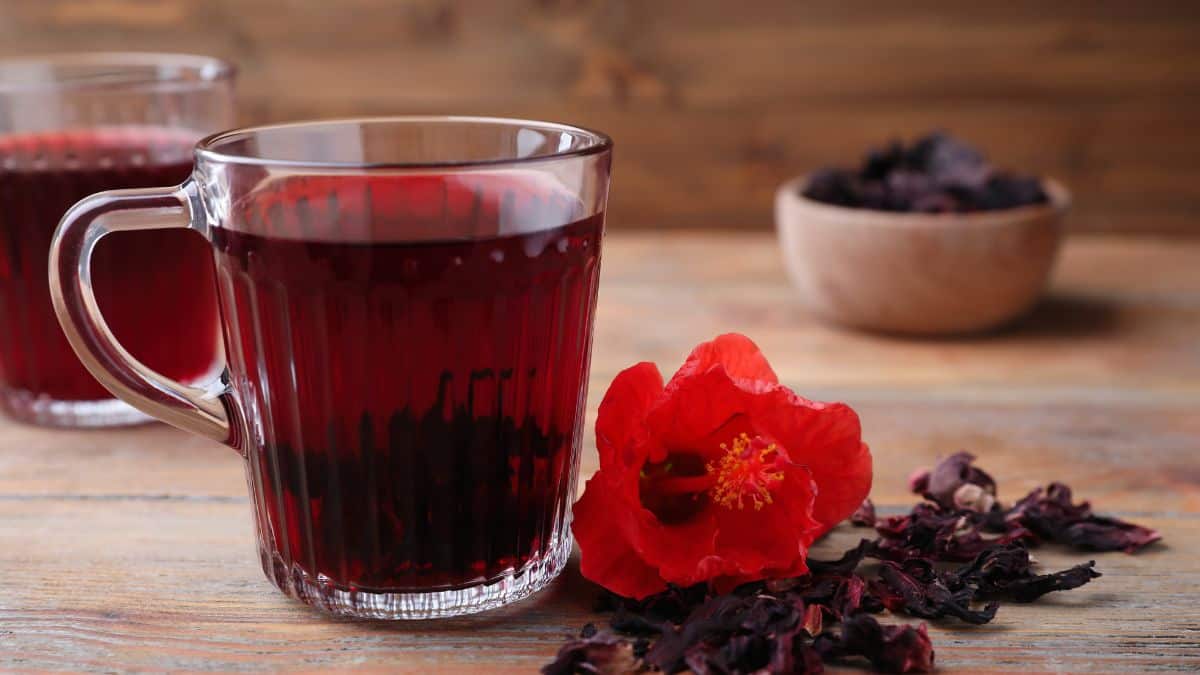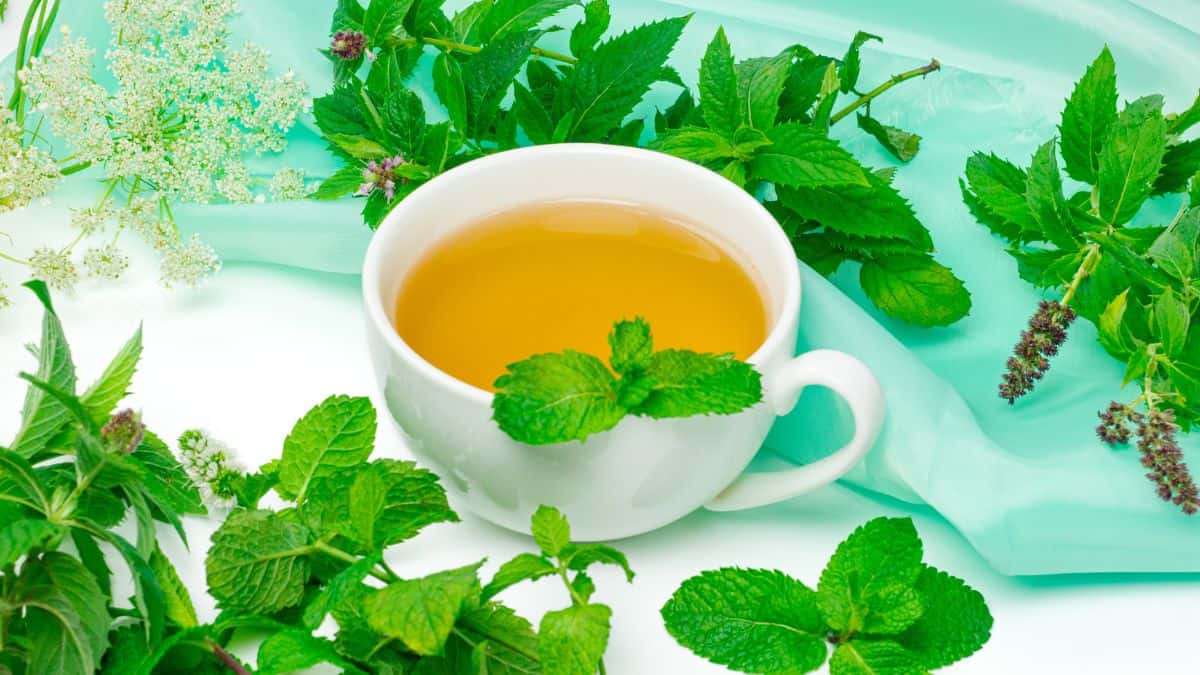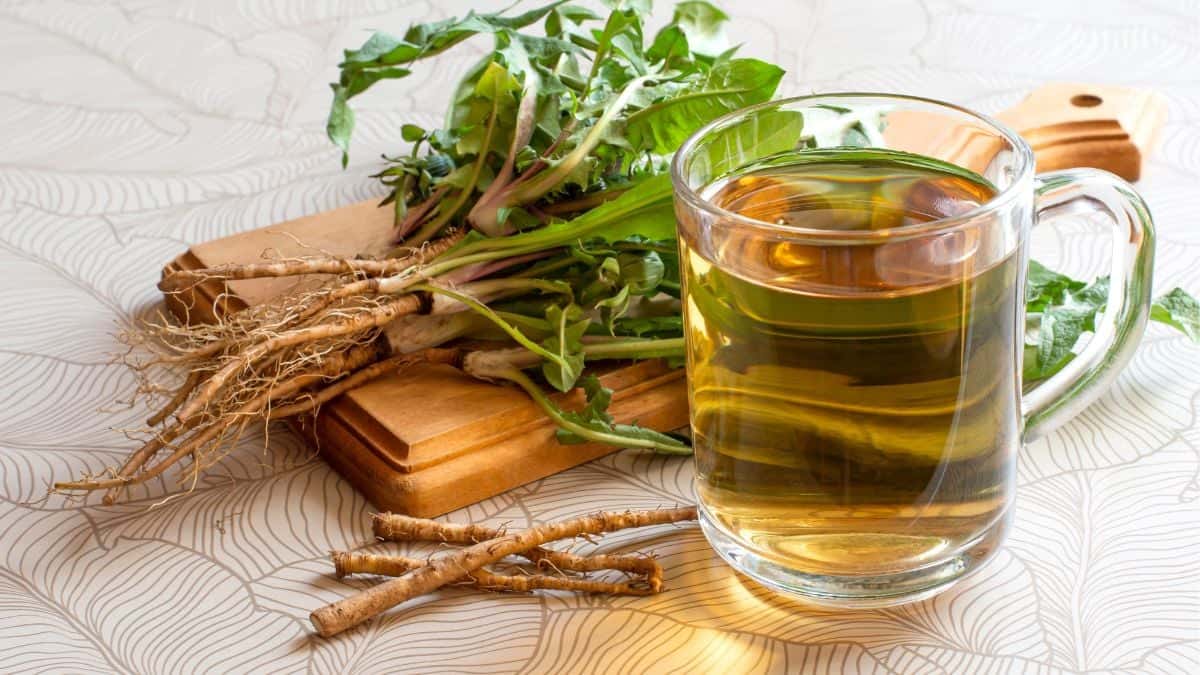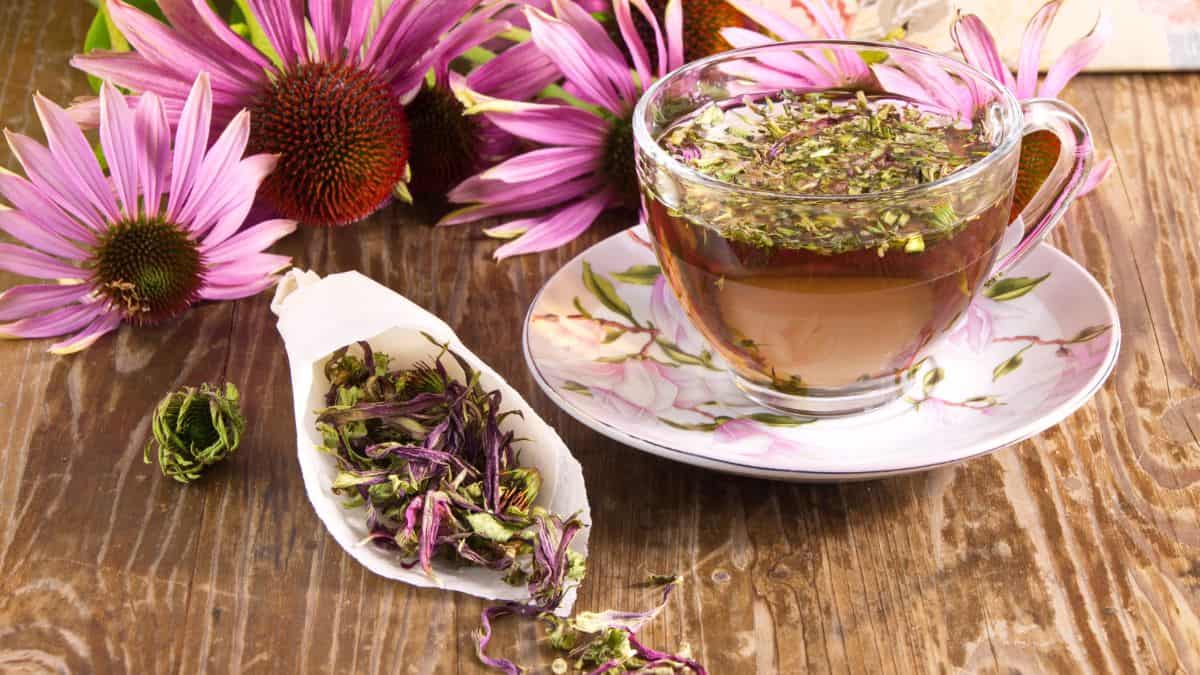Herbal teas have been used for centuries as simple remedies that support both body and mind. Many are still valued today for benefits like easing digestion, calming stress or strengthening the immune system. These brews connect modern wellness with long-standing traditions showing how natural ingredients can be more than just a comforting drink. From calming herbs to nutrient-rich leaves and roots each tea has its own history and purpose. Adding them to your routine is an easy way to bring timeless practices into everyday life.

Rooibos Tea

Rooibos has long been valued in South Africa for its naturally sweet flavor and impressive nutrient profile. This tea is packed with antioxidants that may support heart health and protect against certain cancers. It also contains minerals that can contribute to stronger bones. Drinking rooibos regularly is a simple way to tap into a traditional remedy that continues to be studied for its wide range of benefits.
Chamomile Tea

Chamomile is one of the most recognized herbal teas, often used to wind down at the end of the day. Beyond relaxation, it has been linked to reducing inflammation, easing digestive issues, and supporting better sleep. Generations have turned to chamomile for its calming effect, and modern research continues to back its role in both physical and mental health.
Peppermint Tea

Peppermint tea has been used across cultures to soothe the stomach and refresh the senses. It is often relied on for easing nausea, helping with symptoms of IBS, and calming menstrual discomfort. Its naturally cooling properties also make it feel restorative and energizing. This long-standing remedy proves that simple ingredients can provide meaningful support for everyday health.
Ginger Tea

For centuries, ginger tea has been one of the most trusted ways to handle nausea and digestive troubles. It contains compounds known for their anti-inflammatory effects, making it a go-to for people dealing with stomach upset or discomfort. Ginger tea is especially popular for pregnancy-related nausea, but it also provides relief for anyone looking for a steadying cup of tea that doubles as a natural remedy.
Hibiscus Tea

Hibiscus tea is known for its bold red color and tart flavor, but its benefits extend well beyond taste. Studies suggest it may lower blood pressure, promote healthy cholesterol levels, and even support liver function. It is one of the most striking herbal teas visually and nutritionally, which is why it has been a staple in many traditional healing practices.
Lemon Balm Tea

Lemon balm has a long history as a natural aid for stress and sleeplessness. Drinking it as a tea may help reduce anxiety, promote relaxation, and encourage more restful sleep. Research also points to potential cognitive benefits, including sharper memory and focus. This herb has been used for centuries in Europe and remains a trusted option for those looking to calm the mind while boosting mental clarity.
Nettle Tea

Nettle leaves have been brewed into tea for generations as a nutrient-rich tonic. They are loaded with vitamins and minerals that can support energy levels and overall wellness. Nettle tea has also been connected to reducing inflammation, supporting prostate health, and helping to balance blood sugar. Its long-standing role in traditional medicine is a reminder of how powerful plants can be when used consistently.
Dandelion Root Tea

Dandelion root tea is widely recognized for its detoxifying qualities and ability to support digestion. It has been used in traditional medicine to promote liver health and act as a natural diuretic. Regular consumption may help reduce water retention while keeping the digestive system on track. It is one of those age-old remedies that still has a strong place in modern wellness routines.
Echinacea Tea

Echinacea tea is one of the best-known herbal remedies for supporting the immune system. It is often turned to at the first sign of a cold to help reduce both the severity and the duration of symptoms. With roots in Native American traditions, echinacea continues to be a trusted way to give the body extra defense during cold and flu season.
Licorice Root Tea

Licorice root tea is naturally sweet, but its real value comes from its medicinal history. It has been used to calm gastrointestinal issues, protect the stomach lining, and ease sore throats. Some research also points to its potential in reducing stress and supporting adrenal health. This is one of those teas that shows how herbal traditions can carry powerful benefits across generations.
11 Anti-Inflammatory Foods That Make Snacking a No-Brainer

When it comes to snacking, most of us are reaching for whatever’s closest, not thinking about inflammation. But here’s the thing—you can actually snack your way to feeling better without turning your pantry into a health-food shrine. There are plenty of easy, tasty options that fight inflammation while still being fun to eat. So, if you’re tired of boring health tips and want snacks that actually do your body some good, check out these anti-inflammatory options that make snacking a total no-brainer.
Read it Here: 11 Anti-Inflammatory Foods That Make Snacking a No-Brainer
10 Incredible Health Benefits Of Drinking Lemon Water Every Morning

Starting your day with a glass of lemon water can do wonders for your health. It’s a simple habit that offers a surprising number of benefits. From giving your immune system a boost to helping with digestion, lemon water can be a game-changer. Plus, it’s an easy and refreshing way to kickstart your morning. Here’s why making lemon water a part of your daily routine is a smart move.
Read it Here: 10 Incredible Health Benefits Of Drinking Lemon Water Every Morning
*Select images provided by Depositphotos.
Gina Matsoukas is an AP syndicated writer. She is the founder, photographer and recipe developer of Running to the Kitchen — a food website focused on providing healthy, wholesome recipes using fresh and seasonal ingredients. Her work has been featured in numerous media outlets both digital and print, including MSN, Huffington post, Buzzfeed, Women’s Health and Food Network.








